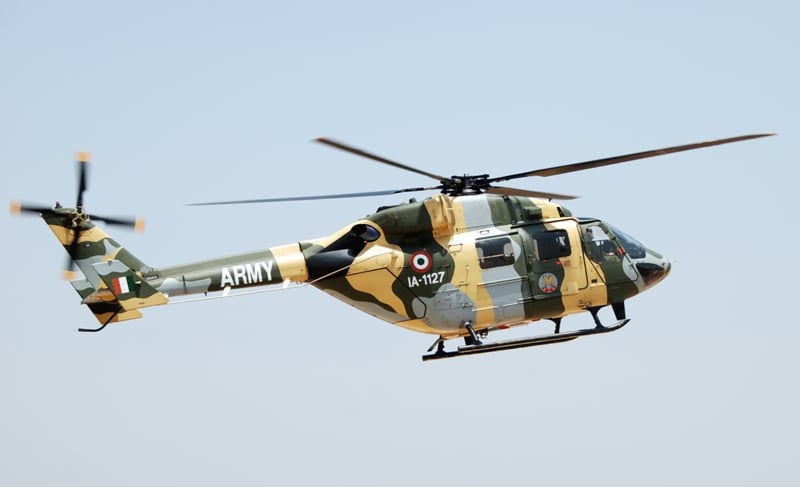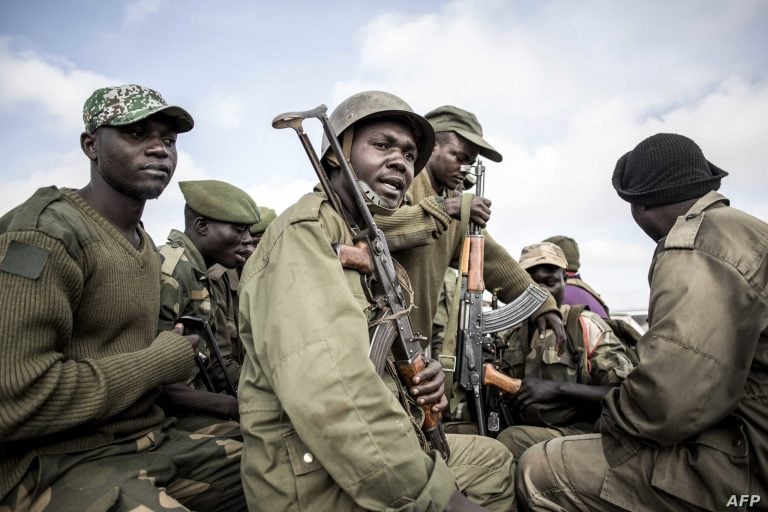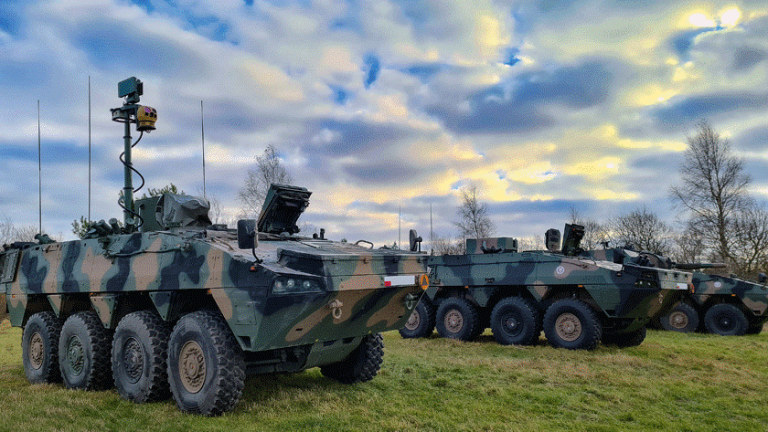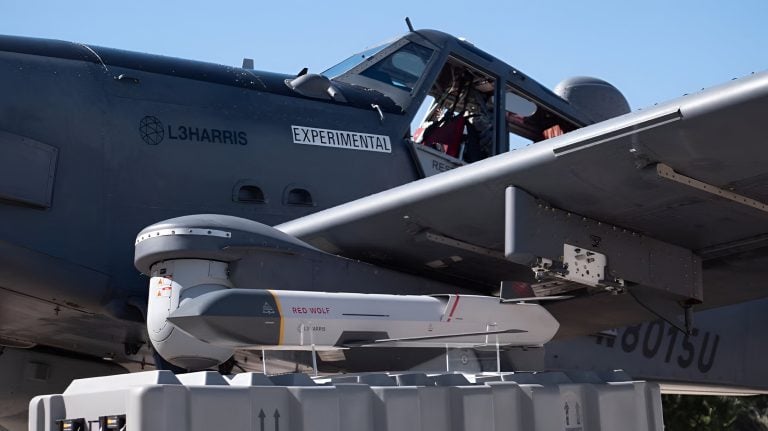The Indian Army has received authorization to resume operations of its Dhruv Advanced Light Helicopters (ALH) following a recent and deadly terrorist attack in Jammu and Kashmir. This decision comes after a three-month suspension of the entire fleet of 330 helicopters, prompted by a tragic crash in Gujarat earlier this year that resulted in the loss of two pilots and a crew member.
India’s Ministry of Defence has indicated that the helicopters will initially be deployed in a limited capacity, specifically to bolster counter-terrorism operations in Srinagar and its surrounding areas. The helicopters are set to play a crucial role in conducting aerial surveillance and reconnaissance missions, as well as facilitating rapid troop deployments and providing close air support in regions identified as high-risk.
The Dhruv helicopter, a twin-engine utility aircraft, is a vital asset for the Indian Army, designed to navigate a variety of challenging terrains, including high-altitude environments. Among its variants is the weaponized “Rudra,” which is equipped to engage hostile targets and support ground forces during critical counter-terrorism efforts.
The backdrop to this operational resumption is marked by a harrowing attack in the town of Pahalgam, where terrorists killed 26 individuals, including two foreign tourists. Reports indicate that the attackers are believed to be Pakistani nationals associated with Lashkar-e-Taiba, a group designated as a terrorist organization by the United Nations. As the situation unfolds, authorities have identified three individuals involved in the attack, and a reward of two million rupees (approximately $23,500) has been announced for information leading to their capture.
In direct response to the Pahalgam massacre, India has opted to scale back its diplomatic relations with Pakistan. The Indian Foreign Ministry announced the suspension of a historic water-sharing treaty alongside the closure of a significant border crossing. Foreign Minister Vikram Misri emphasized that the Indus Waters Treaty of 1960 will be held in abeyance until Pakistan takes credible and irrevocable steps to renounce its support for cross-border terrorism. This move reflects the escalating tensions between the two nations amid ongoing security concerns in the region.







